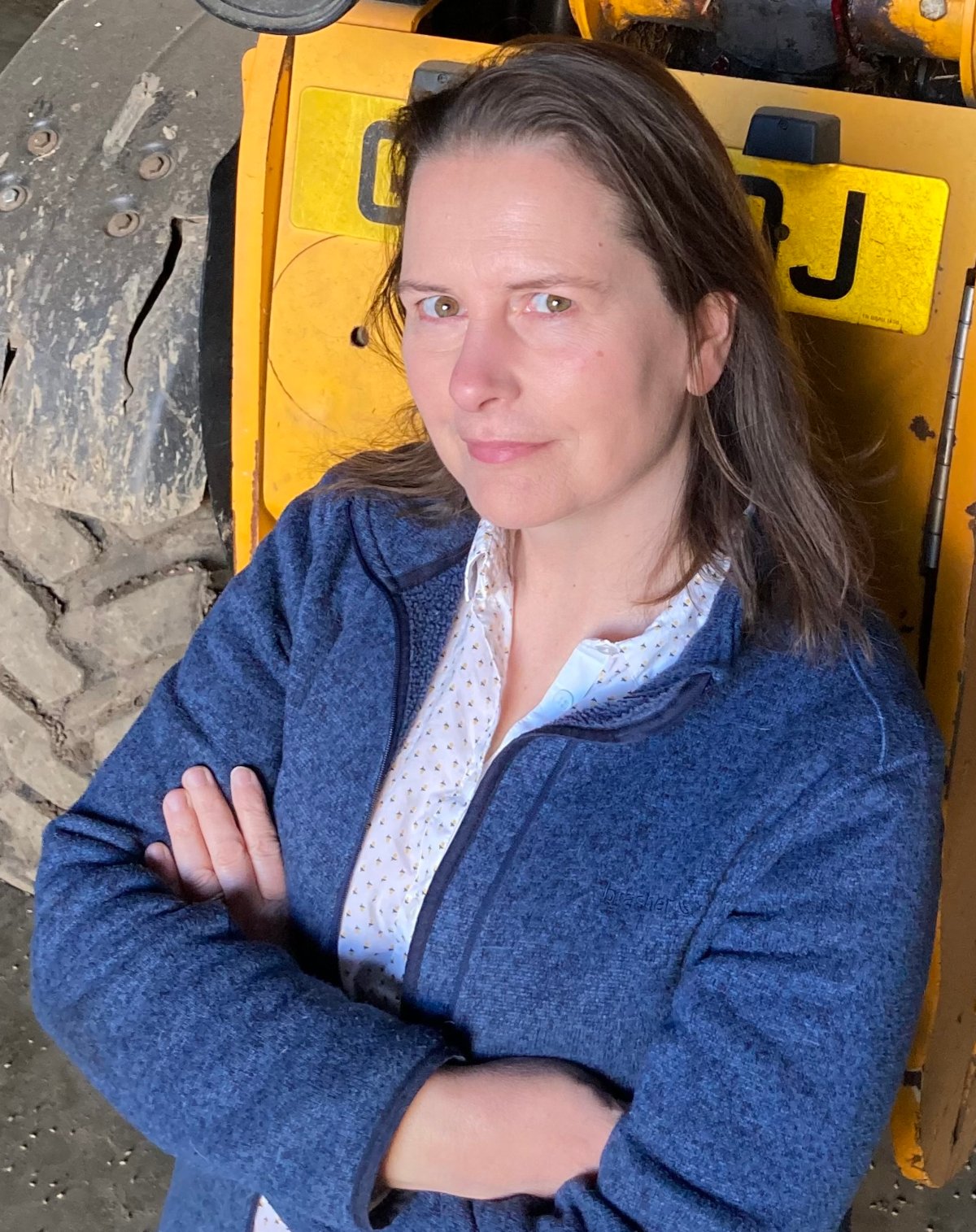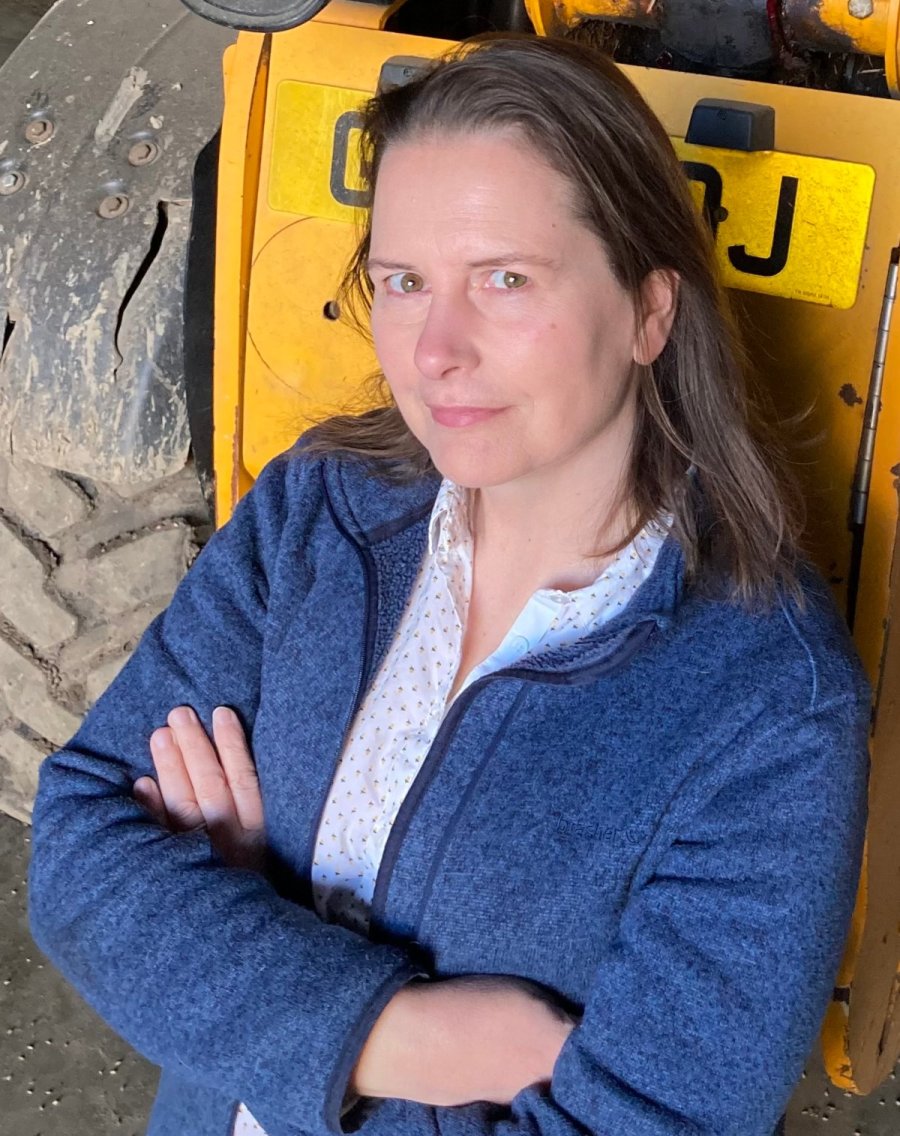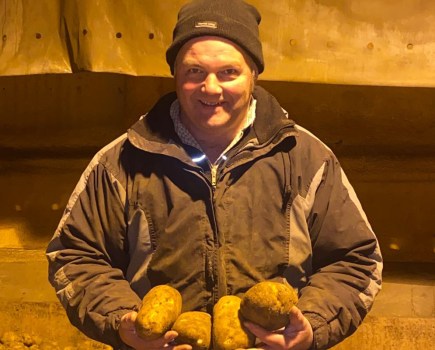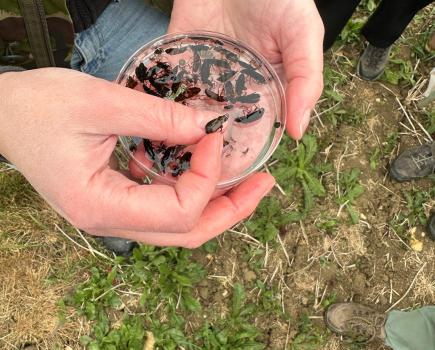 The price we receive for rapeseed oil has shot up over the past year. Most of our buyers are pretty chilled about increases, passing on the price to customers or diners in their restaurants. However, our big catering customer understandably added in another supplier. Having been after the business for a number of years, our competitor offered a substantially lower price in November than we were supplying for. Ever the “cup-half-full” people, we thought we’d done pretty well to supply them exclusively for over five years.
The price we receive for rapeseed oil has shot up over the past year. Most of our buyers are pretty chilled about increases, passing on the price to customers or diners in their restaurants. However, our big catering customer understandably added in another supplier. Having been after the business for a number of years, our competitor offered a substantially lower price in November than we were supplying for. Ever the “cup-half-full” people, we thought we’d done pretty well to supply them exclusively for over five years.
A few months later, we’re making emergency deliveries to this customer as the new supplier can’t keep up with demand. Their price is now approaching ours, and we’ve been offered a good proportion of the business once again if we can match them.
We are quite liking the emergency bailout price though and are enjoying a change of lifestyle as we have excused ourselves from running our oil presses 24 hours a day, seven days a week. Honestly, it was like having livestock!
We made that decision as the numbers just didn’t add up. Keeping a clear head while prices go through a volatile phase is tough at the best of times, but with unprecedented pressure on fertiliser, fuel, chemicals and wages, we certainly are in a whole new place.
Farmers are being pulled in many directions at the moment with regard to farm policy. Climate change, the biodiversity crisis, the cost of inputs, and now world food security during a war, are having large influences on cropping choices, and then crop husbandry.
With Russia and Ukraine supplying 30% of the world wheat export market, we have to pity countries like Egypt and Yemen that are so reliant on wheat imports. Prices tend to go a bit crazy when there’s only a 10% shortage, so goodness knows where a larger wheat shortage could take us.
Governments around the globe are starting to wake up to this situation, and policy changes in various countries are being announced, removing land from ecological schemes and suspending green ambitions.
Maybe you’ve made your own policy change on farm. Guy has had the sunflower seed brochure out here, and I’ve been talking to one customer about swapping to sunflower from our rapeseed oil.
But can we be cleverer about this? People don’t just need wheat to survive. We have long since stopped talking about calories on their own as a measure of a diet. As we all know, we need all sorts – protein, carbs, some healthy fats, vitamins, minerals, fibre and water. Five fruit and veg a day is good but it doesn’t all have to be fresh.
Henry Dimbleby’s wonderfully written National Food Strategy couldn’t be more timely, coming out during a pandemic and now with tighter food security across the world. Even though it was published before the awful situation in Ukraine evolved, it still offers much insight.
The food system we have doesn’t make for a particularly healthy population. Can we change what we eat as a nation so that more of our wheat, which transports and stores well, goes to places in the world that need it more? Can we eat less toast and sandwiches, and get the benefit of fruits and veggies? As farmers, can we make the most of pulses? Maybe we could export some more of those too. What plant protein crops realistically can slot into our food supply chains, and be welcomed into our kitchens? Personally, I love a lentil.
PGRO responded to the National Food Strategy in a positive way, asking for more research on pulse crops for the British market, and identifying their potential to bring diversity to rotations and benefits to soil. Public procurement could set the tone, and generate the demand needed to get processing facilities set up, and we could all get the benefit from growing these crops in a profitable way. With the AHDB review coming up, I’ll be suggesting more money goes in the direction of pulses.
With the National Food Strategy’s recommendation to change the British diet, if not now, then when? And in case you were wondering, sausage and lentil casserole goes down very well with the whole Eckley family, even the teenagers!
Claire Eckley is a partner in her husband Guy’s family farm, operating across 500ha of regenerative arable land in the Weald of Kent. As well as selling commodity crops, the Eckleys process on-farm to add value and market oil and flour under their Pure Kent brand. @PureKent




